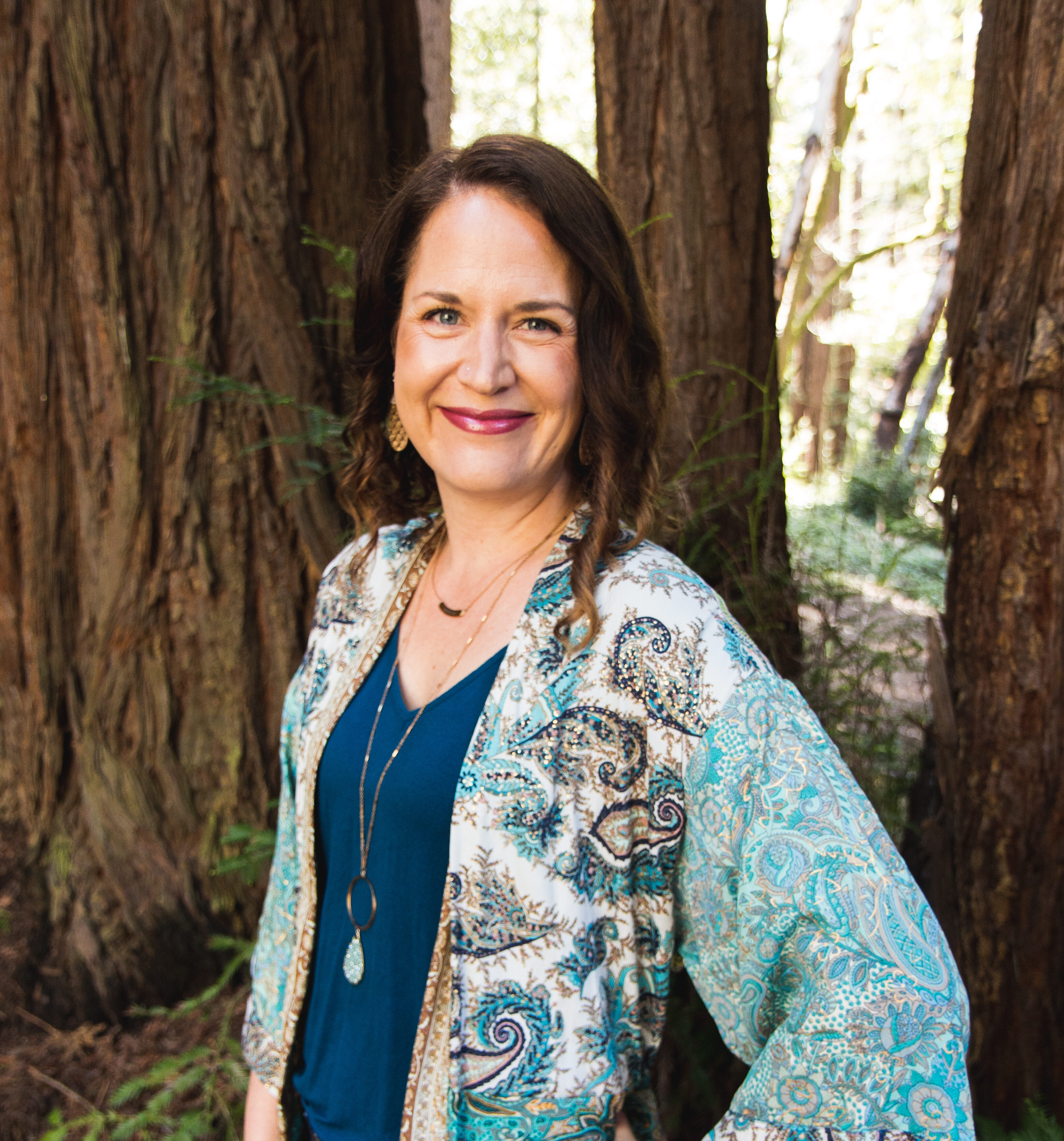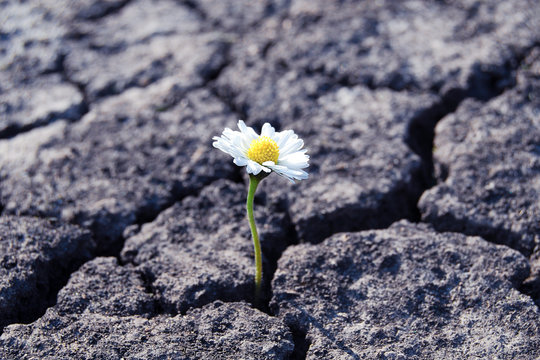How do you feel going into 2019?
You may have sat down and made a list of resolutions, set some powerful intentions, or decided on your Word of The Year (mine is Kindness!)
In order to make any headway on your list of resolutions and personal goals, you first need to be grounded in how you want to live and what this looks and feels like.
REMEMBER: Resolutions focus on actions. Intentions focus on attitudes.
Far too often, WHO we want to BE becomes the afterthought or byproduct of a hurried and frazzled life that is so focused on WHAT we need to DO.
What if we decided to live this year differently?
Imagine what it would be like if your life was full of energy, motivation, ease, and flow.
What would be possible then?
Last spring, we introduced the concept of enhancing your Emotional Endurance and how it connects to living with more integrity. Now let’s look at this through the lens of developing resilience so whatever the year ahead brings, we can develop character through our behavior.
To recap, Emotional Endurance is the dynamic capacity you develop to deal with life’s stresses and challenges with an attitude of possibility and resilience.
Emotional Endurance Includes:
- Feeling a sense of control and optimism
- Having a high threshold to handle change and the unknown
- Demonstrating personal resolve and resiliency in the face of setbacks
- Managing your energy effectively so you don’t burn out or feel overloaded
- Maintaining a high level of personal integrity
When you experience some not-so-fun circumstances in life, you are met with a choice: React and retaliate or intentionally respond.
Practicing and developing Emotional Endurance in times of stress and setback allow you to build more resilience over your lifetime, starting with our young children.
Jack Shonkoff, director of the Center on the Developing Child at Harvard, shares that “resilience depends on supportive, responsive relationships and mastering a set of capabilities that can help us respond and adapt to adversity in healthy ways.” Shinkoff chaired a multidisciplinary collaboration called the National Scientific Council on the Developing Child that looked at how children develop resilience over their early years and here’s what they found:
- Resilience is born from the interplay between internal disposition and external experience. It derives from supportive relationships, adaptive capacities, and positive experiences.
- We can see and measure resilience in terms of how kids’ brains, immune systems, and genes all respond to stressful experiences.
- There is a common set of characteristics that predispose children to positive outcomes in the face of adversity:
- The availability of at least one stable, caring, and supportive relationship between a child and an adult caregiver.
- A sense of mastery over life circumstances.
- Strong executive function and self-regulation skills.
- The supportive context of affirming faith or cultural traditions.
- Learning to cope with manageable threats to our physical and social well-being is critical for the development of resilience.
- Some children demonstrate greater sensitivity to both negative and positive experiences.
- Resilience can be situation-specific.
- Positive and negative experiences over time continue to influence a child’s mental and physical development. Resilience can be built; it’s not an innate trait or a resource that can be used up.
- People’s response to stressful experiences varies dramatically, but extreme adversity nearly always generates serious problems that require treatment.
Top Five Ways To Raise Resilient Children
You can start developing resilience in your earliest interaction with young children. Here are our top five recommendations for developing resilience in your children:
1. Allowing your child to try something before you step in to do it for them.
Examples: Feeding themselves, putting on their socks and shoes, opening the plastic around those tiny juice box straws and putting it in the juice box
2. Offering support and encouragement when something doesn’t go as planned
Examples: When your favorite toy is being used by another child at school, when a friend gets sick and cannot come over to play, when it’s too rainy or cold to play outside
3. Intentionally exposing children to safe challenges without fear of failure or punishment
Examples: Going down the playground slide alone, writing their name on a paper as they learn their letters, learning how to build new friendship at school
4. Affirming positive capacities you see your children already practicing, while providing scaffolding opportunities to expand their skills
Examples: Praising your child for sharing their trains with a friend and encouraging him to let his friend play with his favorite train next time
5. Modeling positive behavior and emotional response when YOU experience a setback or don’t get your desired outcome (remember, you are their best example of resilience!)
Examples: When you’re stuck in traffic and late, when your spouse/partner forgets to do the laundry and there are no clean underwear, when you’re stressed and rushing
Your emotions turn into thoughts that influence your actions, forming behavioral patterns that become habits and ultimately shape your character. Choose wisely.
Originally published at leadwithintention.com on January 1, 2019.
More About Leslie
Leslie M. Bosserman, M.Ed., CPCC, is an Executive Coach + Lifestyle Strategist designing customized leadership solutions for Millennial Leaders and their Managers. With a background in strengths-based leadership development and applied positive psychology, she runs a multi-disciplinary practice called Lead With Intention where she coaches, trains, and consults with clients around the world.
Leslie works with a variety of clients ranging from top executives at worldwide corporations to creative entrepreneurs and non-profit teams. She is an avid artist who also enjoys traveling, karaoke, cooking ethnic food, writing in local coffee shops, and practicing yoga. She also recently launched The Makers Place™ — Sacramento’s first professional coworking space with onsite childcare!
Leslie lives in Northern California and travels internationally for coaching, organizational trainings, and retreat facilitation. You can connect with her on Facebook, Twitter, Instagram, Pinterest, and Medium or send her an email at [email protected]to learn how to partner together.


